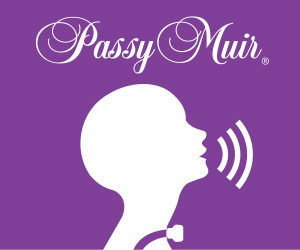Page 1 of 2 PSHA Position StatementsPosition Statement from the Pennsylvania Speech-Language-Hearing Association on Recent Comments Regarding Autism Spectrum Disorder The Pennsylvania Speech-Language-Hearing Association (PSHA) is committed to promoting evidence-based practices in the evaluation and treatment of communication disorders, including those associated with autism spectrum disorder (ASD). In light of recent public comments regarding the causes of autism, we feel it is important to provide clarity based on current scientific understanding and professional standards. Autism spectrum disorder is defined by the American Speech-Language-Hearing Association (ASHA) as a neurodevelopmental disorder characterized by difficulties with social communication and interaction, and the presence of restricted, repetitive patterns of behavior, interests, or activities. Speech-language pathologists and audiologists play a critical role in the early identification, evaluation, and treatment of individuals with ASD. Our services include comprehensive assessments of communication abilities, the development of individualized treatment plans, and collaboration with families, educators, and other professionals to support individuals with autism across the lifespan. As licensed professionals, we rely on peer-reviewed scientific research and evidence-based practices to guide our clinical decision-making. We do not base our services or public health recommendations on anecdotal claims or unverified statements. As an organization representing speech-language pathologists and audiologists, PSHA has both the responsibility and the platform to actively combat ableist messages—both within the field and in broader public discourse. We also want to emphasize that medical decisions during pregnancy should be made in consultation with a licensed healthcare provider. Expectant parents should feel empowered to discuss any questions or concerns with their treating physicians, who are best equipped to provide individualized, evidence-informed guidance. We encourage the public to seek information from reputable medical and scientific sources and to consult with qualified professionals when making decisions that affect the health and development of children. For more information about autism spectrum disorder, the role of speech-language pathologists and audiologists, and resources for combating ableist messages, please visit www.asha.org or www.psha.org. 1. Framing Disability as a Tragedy or Something to “Fix”Message to combat:
Why it's harmful: PSHA stance:
2. Speaking About People with Disabilities Instead of With ThemMessage to combat:
Why it's harmful: PSHA stance:
3. Treating Communication Differences as DeficitsMessage to combat:
Why it's harmful: PSHA stance:
4. Equating Intelligence with Speech or Hearing AbilityMessage to combat:
Why it's harmful: PSHA stance:
5. Pity-Based NarrativesMessage to combat:
Why it's harmful: PSHA stance:
6. Promoting Unproven or Harmful "Treatments"Message to combat:
Why it's harmful: PSHA stance: |
